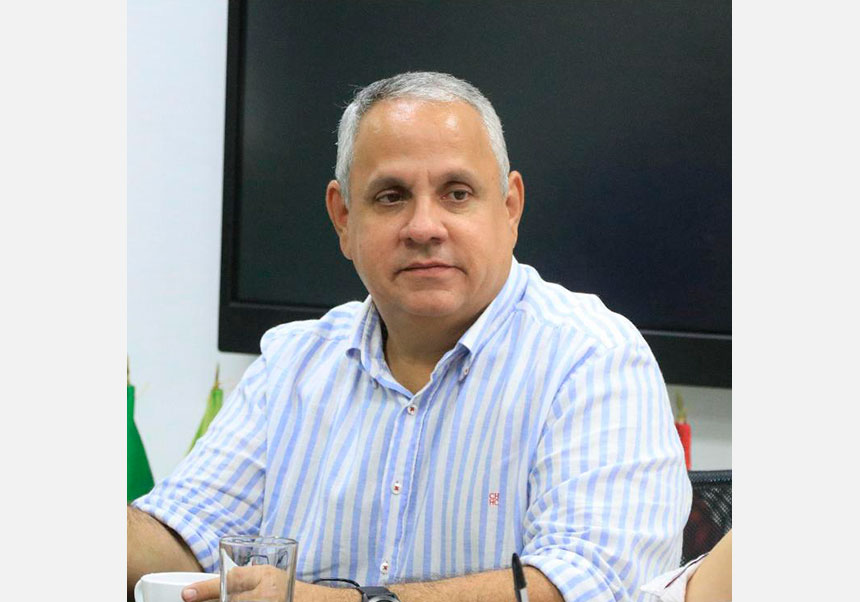
The Hague Convention of 25 October 1980 on the Civil Aspects of International Child Abduction1 was a product of the consensus of the international community in response to factual situations (abductions and/or unlawful detentions of minors) which resulted in serious disadvantages both for those who were seeking primary protection and for the jurisdictional activity of States.
26 august 2020
Title: The procedure for the international return of children (The Hague Convention 1980) The case of Argentina as a Requested State.
Author: Aníbal Gerardo Acosta
As an initial hypothesis, this research work maintains that the normative, doctrinal and jurisprudential evolution in Argentina regarding the interpretations, application and compliance with the Hague Convention of 1980, allows us to observe a noticeable improvement in the quality of the institutional, administrative and jurisdictional response to requests for the return of children and adolescents.
The First Chapter explores the causal aspects which, after almost 40 years of the Convention's validity, were able to form the basis of the consensus achieved and which are still notoriously current: globalisation; modernity; mobility facilitated by the speed of means of transport and communications; etc., In a context of "diluted borders", these necessarily lead to socio-cultural diversity at community level, with the formation –more and more frequently– of intercultural families, if not with both foreign components, which are permeable to factors of instability and which in their disintegration can give rise to the de facto budget for the application of the aforementioned Agreement.
From that perspective –as explained in the Second Chapter of the Master’s Degree Final Project– the Best Interest of the Child; the Centre for Life; and Access to Justice under the paradigm of Effective Judicial Guardianship, stand as particular objects of protection of the 1980 Hague Convention.
In addition to the matrix offered by this Convention, with all the procedural and procedural engineering that is specific to it and related to it described in the Third Chapter, details are added regarding the instruments of interpretation and monitoring that have been meticulously surveyed.
Argentina's experience as a requested State –as described in the Fourth Chapter– is conducted within a complex interweaving of rules with constitutional hierarchy; national laws of federal scope; provincial laws; procedural rules and procedural codes that atomise, not always homogeneously, the treatment and resolution of cases.
However, it is the interference of the Argentine Supreme Court of Justice that provides the necessary interpretative unification through the expansive efficacy of its precedents, whose doctrine for practical purposes is summarily explained in the Fourth Chapter, number 3.
In the research work, the initial hypothesis linked to the effectiveness of the 1980 Hague Convention in the case of Argentina as a requested State is nourished by the description of the fundamental role of the Central Authority; of the representation in Argentina of the International Hague Network of Judges; the National Network of Judges on the International Return of Minors and the National Commission on Access to Justice of the Supreme Court of Justice of the Nation, whose actions with a view to the uniformity and modernisation of procedures resulted in the Bill on Procedures for the International Return of Minors and International Visits, currently before the Argentine Congress.
A corollary of the description provided is the contribution to the channel of international returns of Children and Adolescents, of detailed information on key aspects of the Argentinean legal system and the current state of the rules and jurisprudence, to guide the actions of foreign legal operators in petitions under the protection of the Restoration Conventions.
1Hague Conference on Private International Law (HCCH), "Convention of 25 October 1980 on the Civil Aspects of International Child Abduction”. Information about the functioning of the Convention and the work of the Hague Conference in monitoring its implementation and promoting international cooperation in the field of child abduction is available at: https://www.hcch.net/es/instruments/conventions/specialised-sections/child-abduction [accessed on 19.07.2020].













